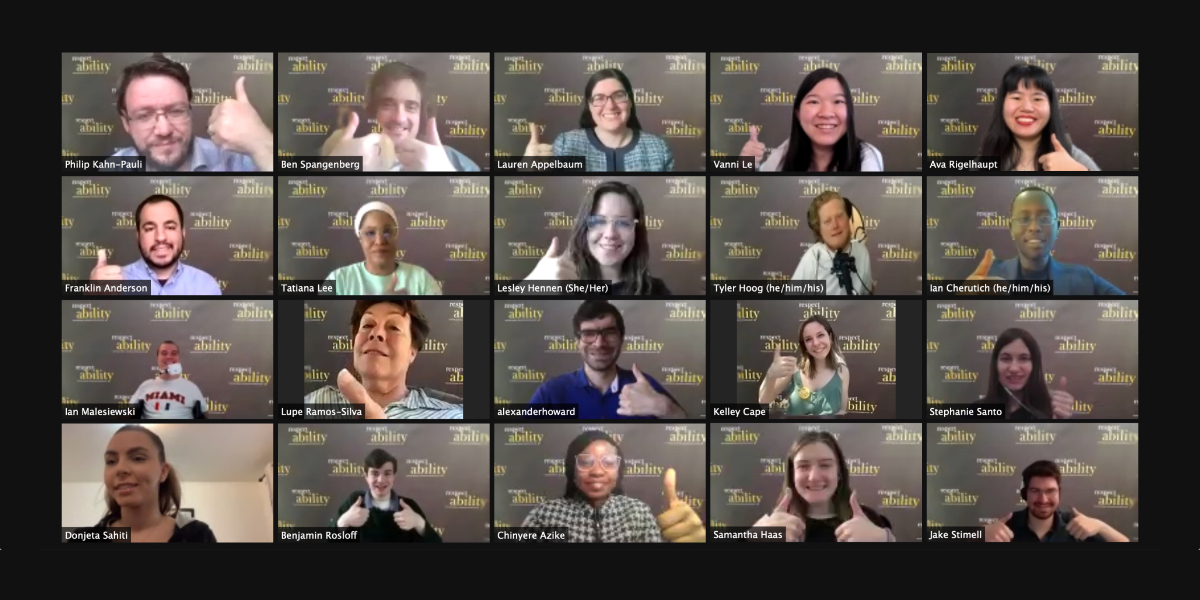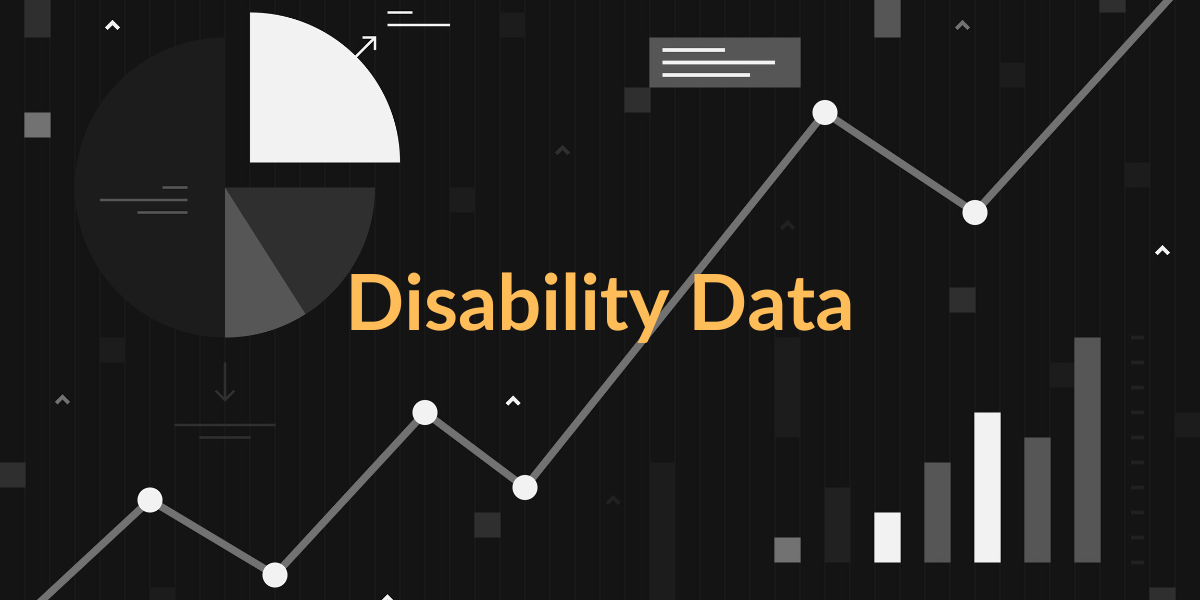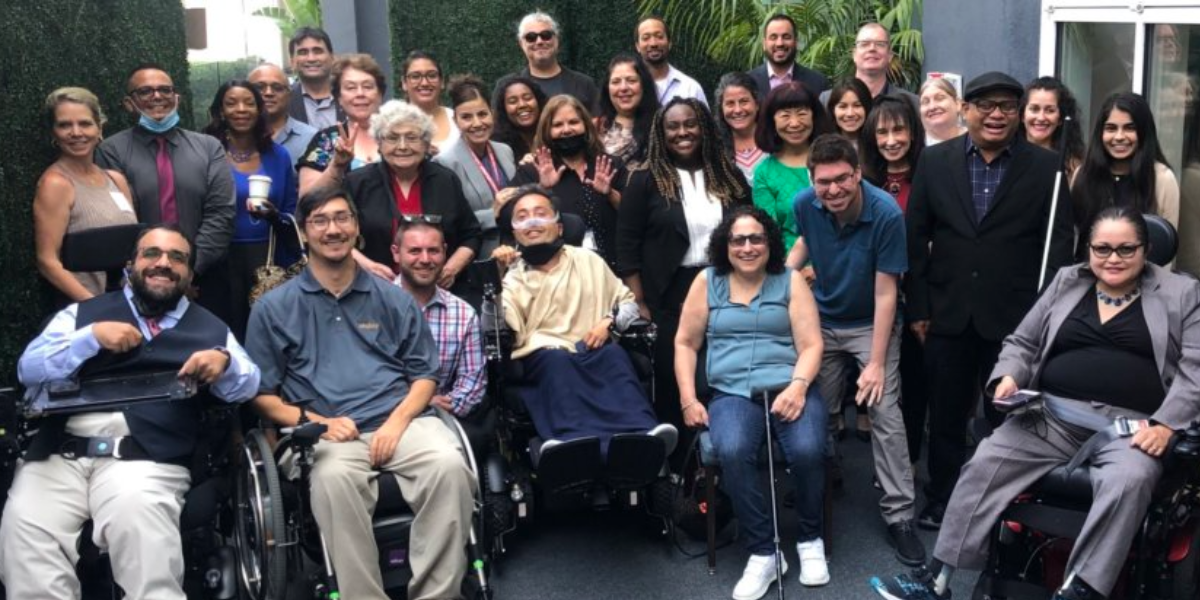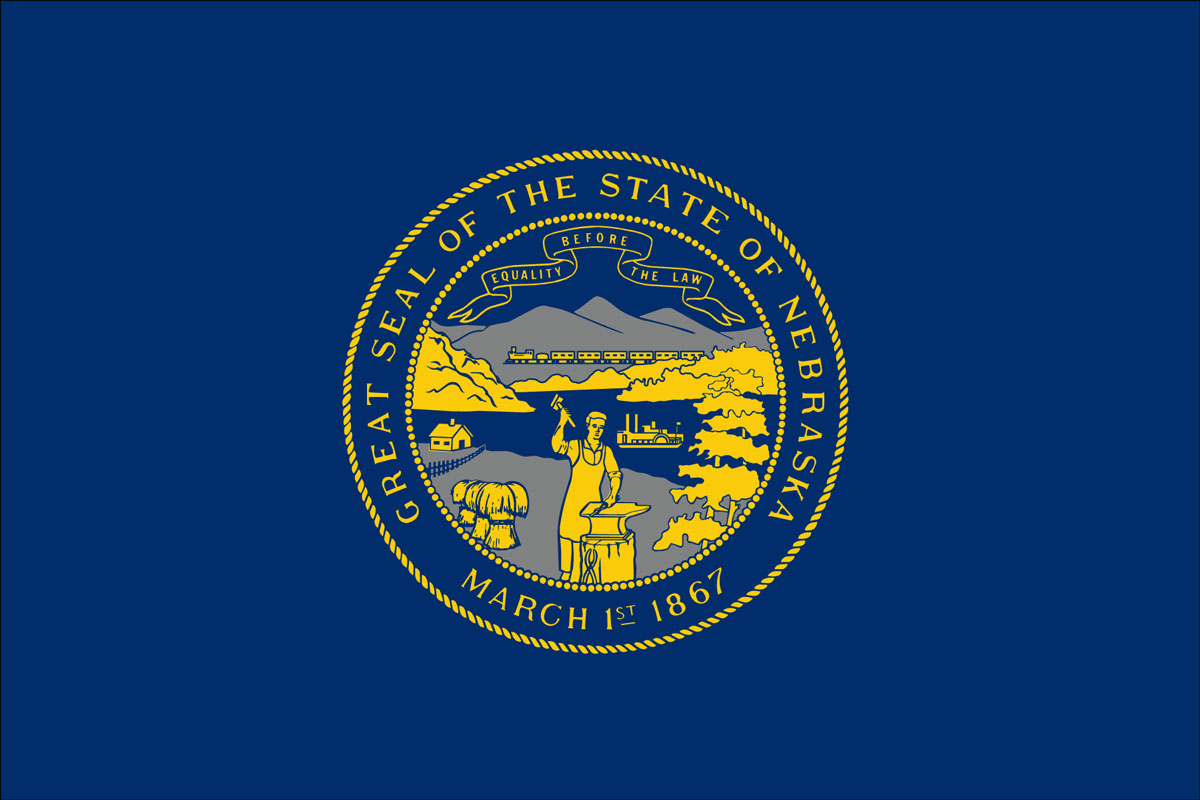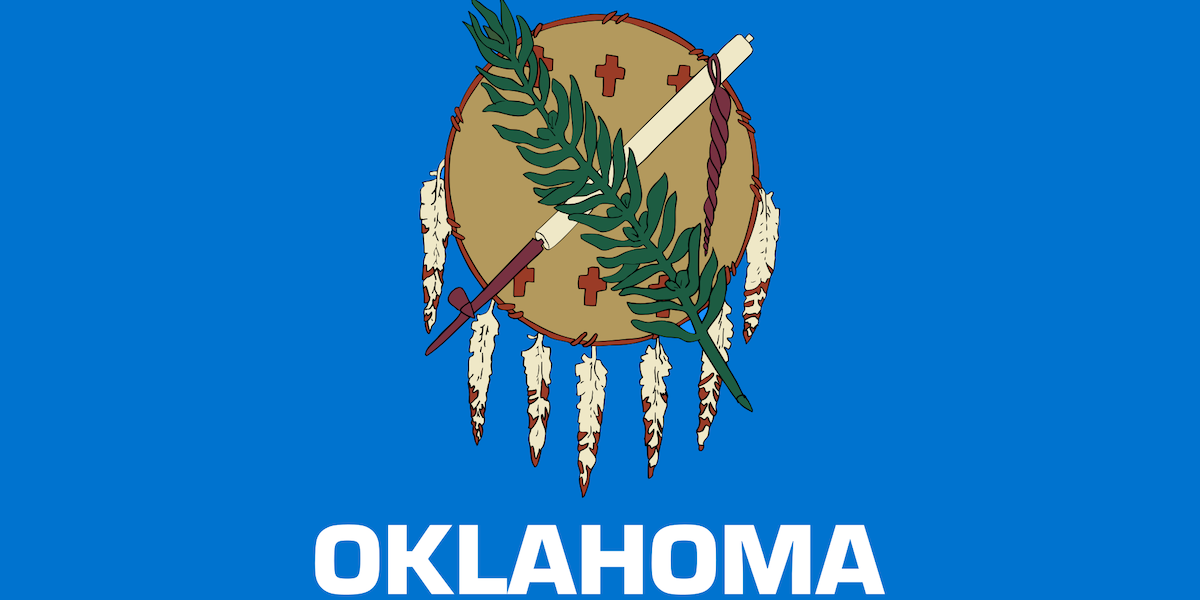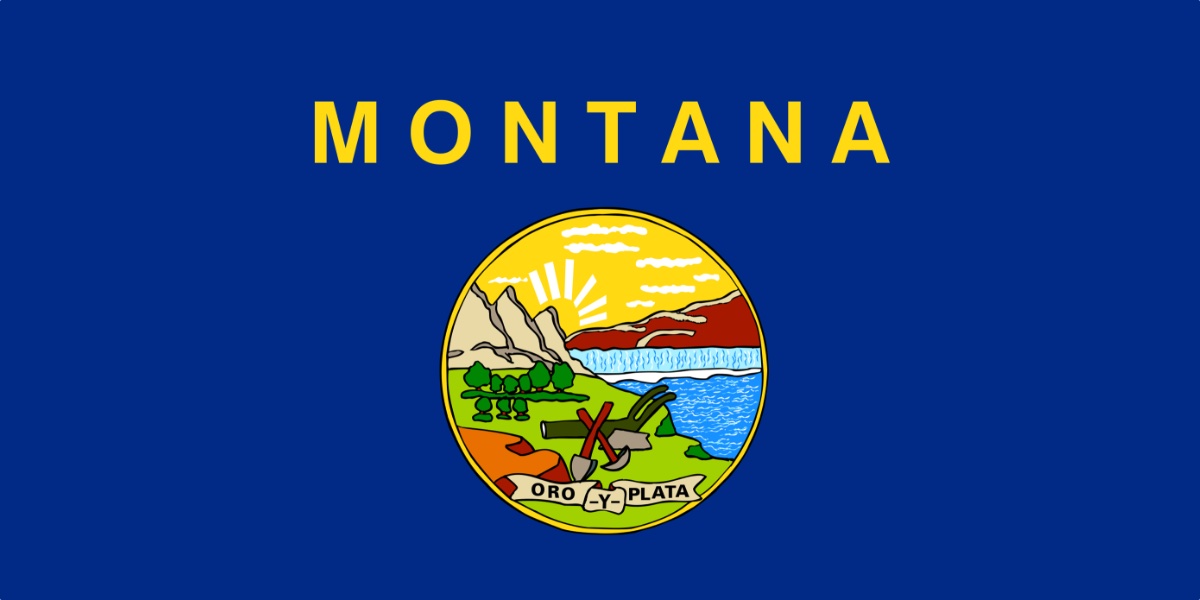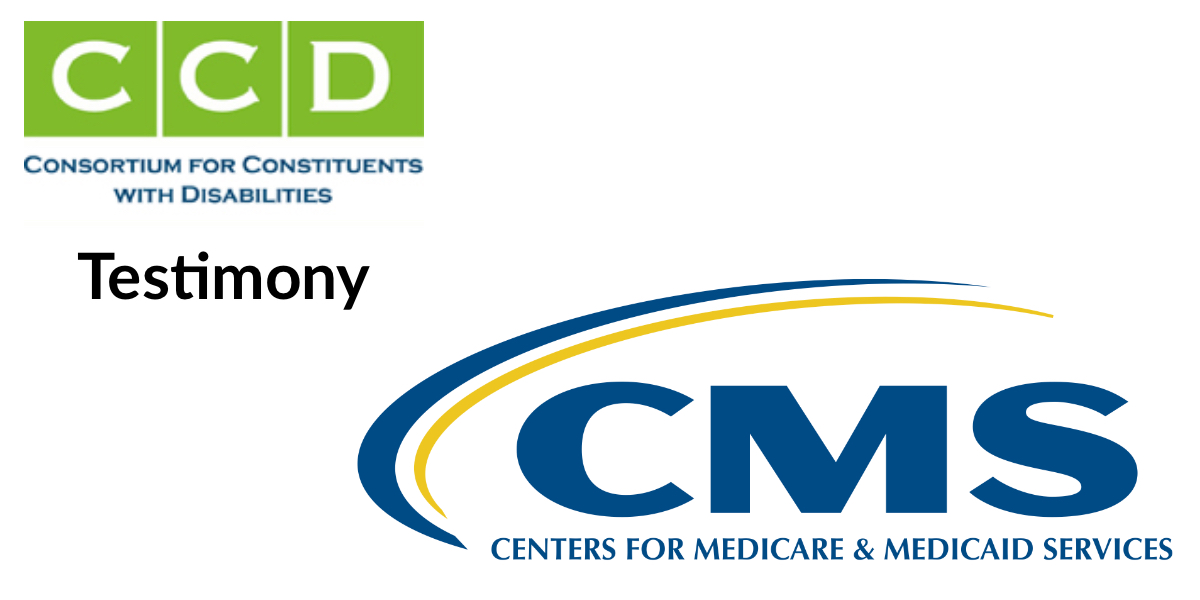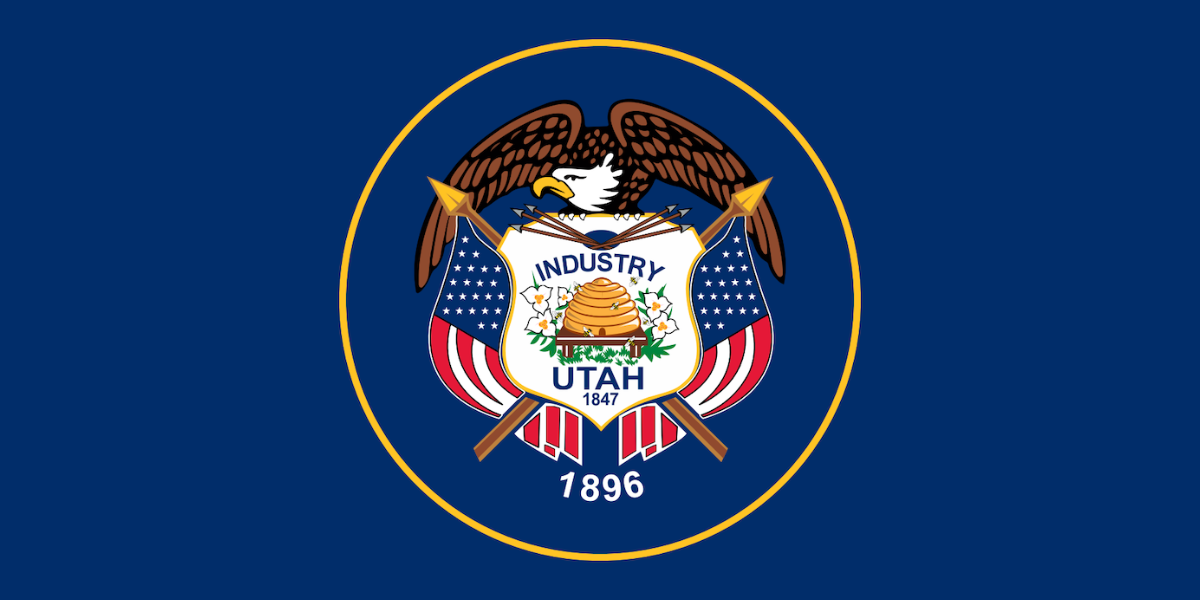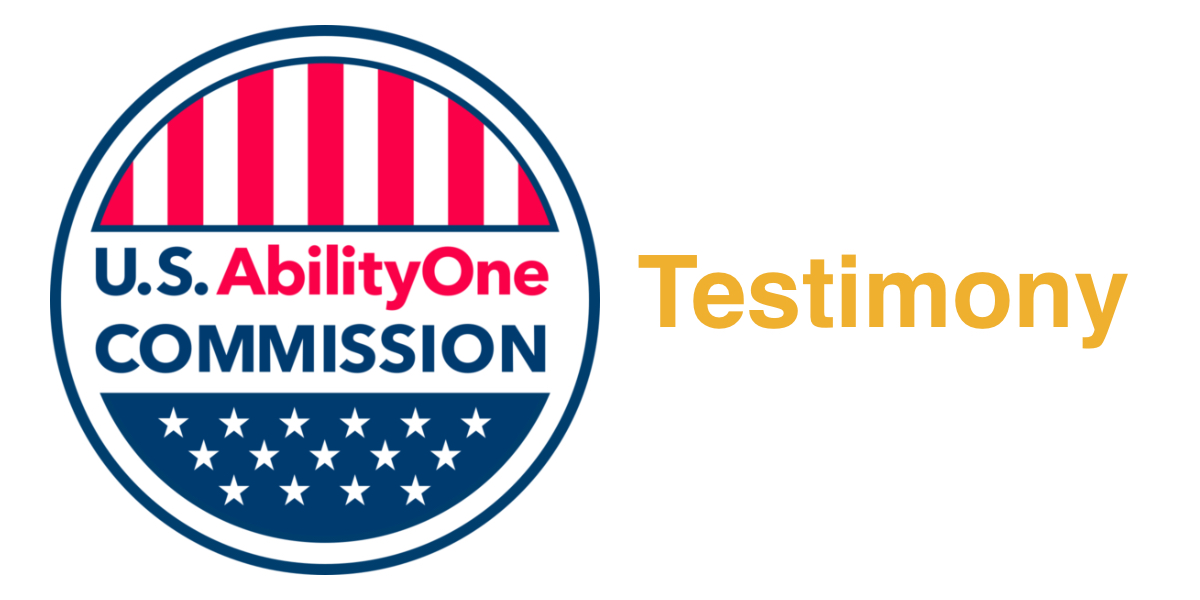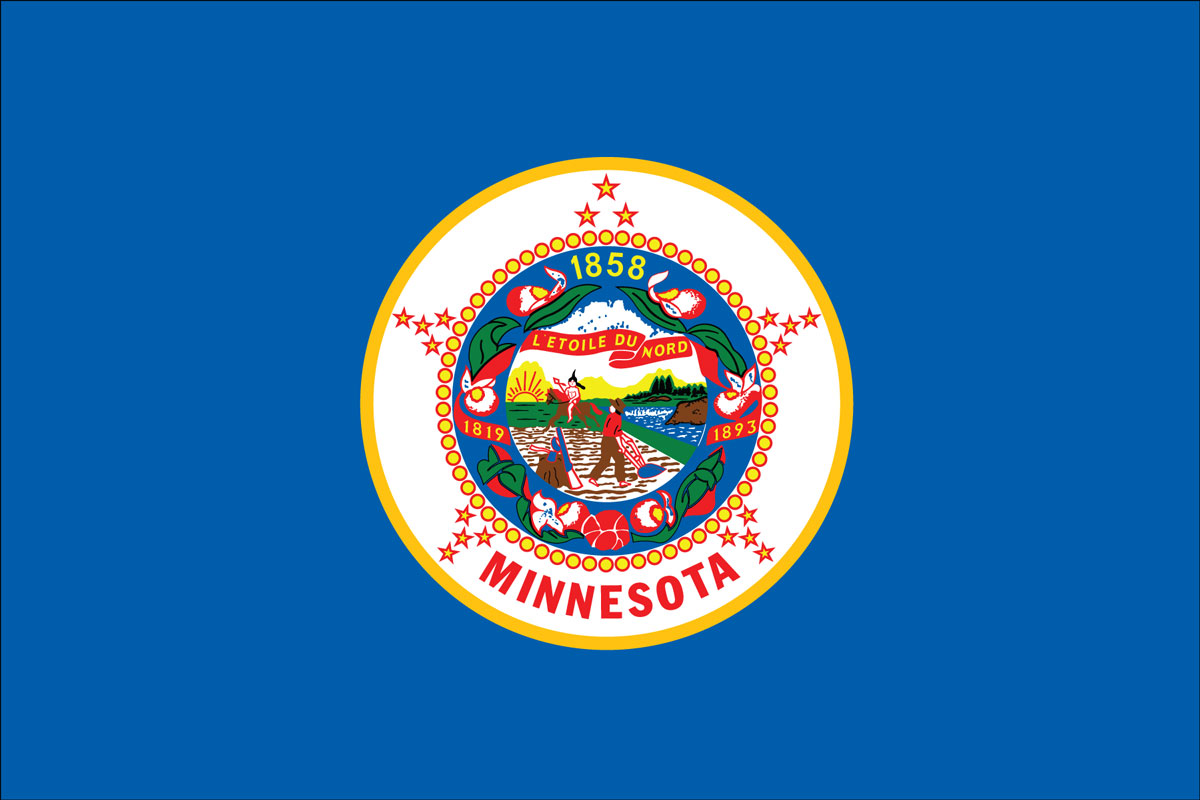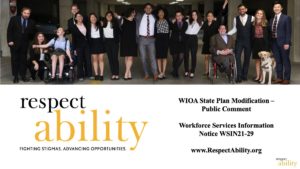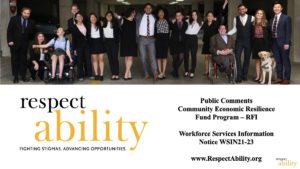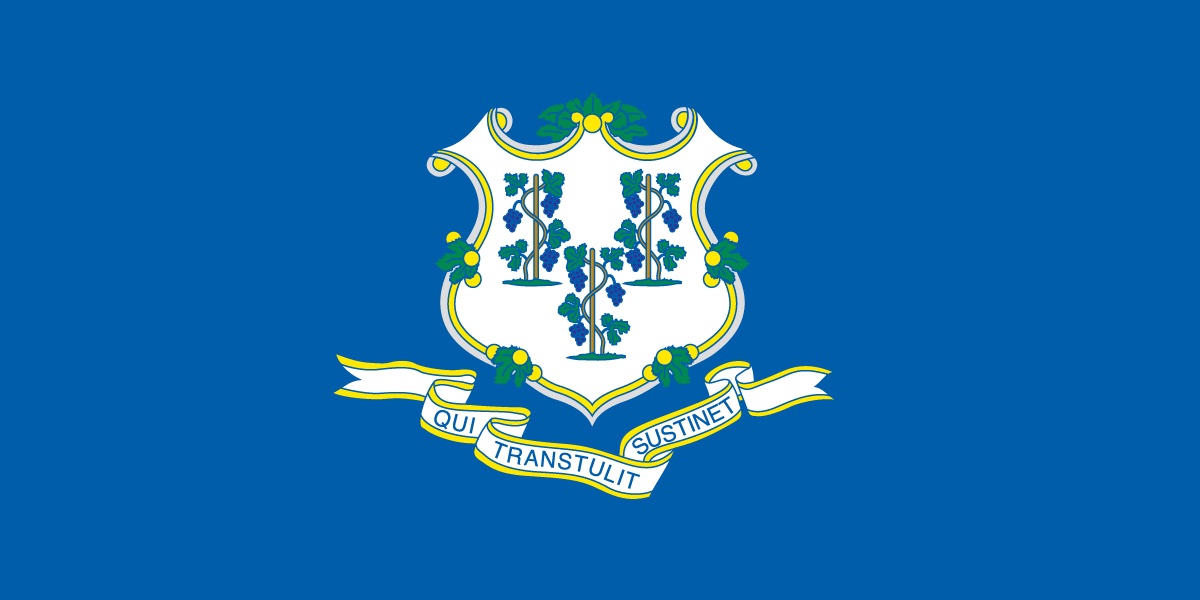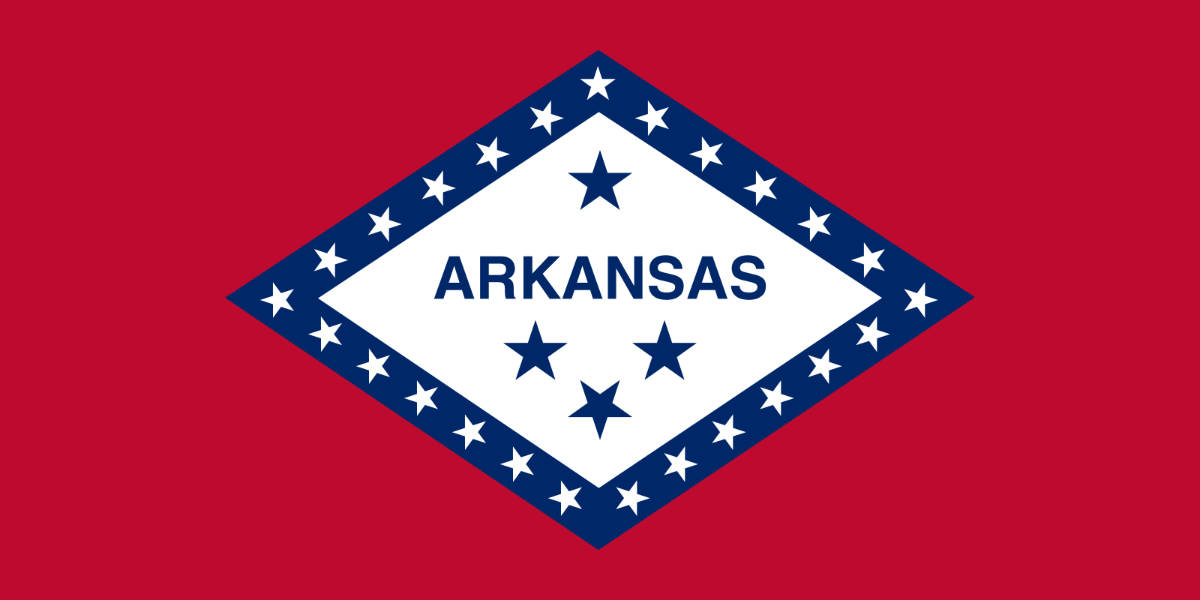Washington, D.C., September 6 – As of July 2022, there were more than 11 million job openings across the nation’s labor market. One of the ways that employers are looking to onboard new talent and expand good paying jobs is through the continued expansion of registered apprenticeship programs. As of 2020, the U.S. Department of Labor reported more than 636,000 apprentices participating in more than 26,000 different programs nationwide. However, many of those programs have historically been inaccessible to workers with disabilities.
The U.S. Department of Labor is seeking to making the nation’s apprenticeship system more accessible, inclusive, and successful for thousands of new workers in the labor market. In order to address these challenges, the Department is currently hosting an online, national policy dialogue about apprenticeships.
In response, the policy professionals of RespectAbility, a national nonpartisan inclusion organization, contributed to the ePolicyWorks dialogue, advising the government and employers on lessons learned from their own efforts as an employer and on proven practices from across the country.
